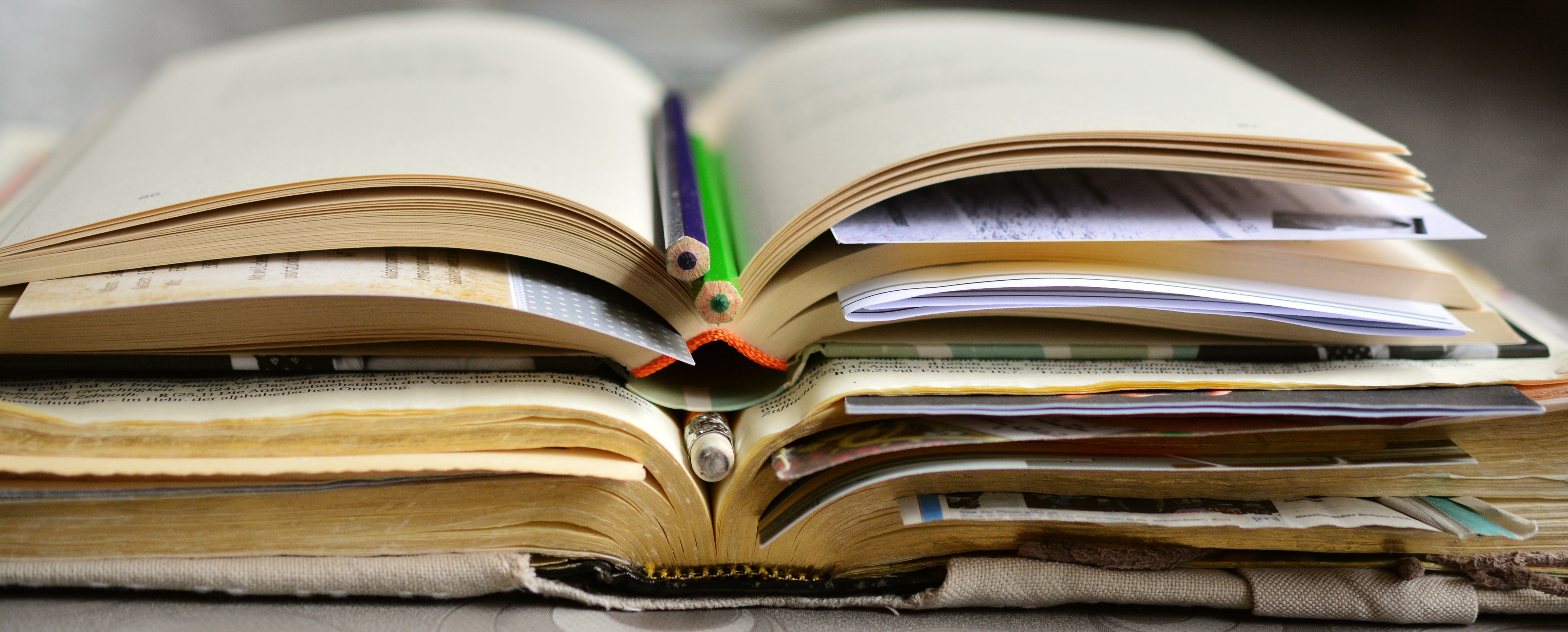28-Day Personal Challenge
Today, I’m sharing a few tips for a distraction-free writing session. These tips are especially helpful if you do freewriting.
What is Freewriting?
Freewriting isn’t just for writers, it’s for everyone. If you’re a business person with lots of ideas, freewriting is a great way to get the juices flowing. If you have a dilemma, you can work through it while freewriting – write out the pros and cons, etc…. You can adapt freewriting for anything in your life, writing out goals and feelings and to-dos helps give anyone a clearer picture. Many people do this, yogis, business people, writers, artists, actors, CEOs, and even teens. It’s a great way to cleanse the mind.
I know that sounds woo-woo, but hear me out.
The basic premise of freewriting is incredibly simple. Start writing, don’t worry about grammar or spelling or sentence structure, just get words on the page. The biggest downfall is that distractions can lead you away. If you want to get to the distraction-free writing tips right now, scroll down to the third header: The Process is Not Always Easy.
If freewriting sounds familiar, you may have heard a different term for it, like daily pages, daily writing, 10-minute write, journaling, etc…. They are all the same concept.
Benefits of Freewriting
The benefits of freewriting are as varied as the form. For example, Daily Pages sprung from Julia Cameron’s book The Artist’s Way. She recommends writing three pages every day.
Some people choose to write by time, some choose to write by word-count, some by page count, some fly by the seat of their pants – they might get three pages, they might get three words.
Here are a few examples of how freewriting helps others:
Caleb Woods’ piece at the Writing Cooperative gives his thoughts on the benefits of freewriting. He prefers pen and paper rather than typing. Which is another useful tip, try writing and typing and see which works best for you.
Ahmad Munawar’s 3 Surprising Benefits of Writing in the Morning has a great take on the benefits of freewriting (still laughing at ” If that jerk who cut you off on the highway comes to mind, you let him have it.”). He prefers to write to a word count – 1,000 for him.
The biggest benefit of freewriting that I get is an unclogged mind. I do a ten-minute write. Usually on my computer, because I type faster than I write. I set the timer and begin to clear out all the stuff that is weighing on my mind: don’t forget laundry, gotta run to Costco, don’t forget to look up knee therapy exercises, should I get iCloud space or use DropBox, get the cat to the vet, how long ago did I order that new keyboard – check on that shipping, set up a new newsletter system, and on and on.
Once I complete that writing session, my mind feels free. I have it down on paper. I don’t need to worry about forgetting what I need to do. Then I’m free to focus on my main writing task: a company’s website, a freelance article, a blog post, or my novel.
The Process is Not Always Easy
Despite all the benefits of freewriting, it doesn’t always happen so easily.
I get anxious when I start my timer. Frustration sets in when I make a typo. Once anxiety and frustration set in, I don’t do so well. I focus on those issues and don’t utilize my ten-minutes well.
So I’ve learned a couple of distraction-free writing tips that have reduced my stress and increased my productivity.
The first thing I do is get my Word document open. I type the date, get my cursor on the next row and turn off my monitor (not the computer). If you have a laptop or tablet, try taping a piece of blank paper over it.
I do this so I don’t see any typos. Now, I’m a little over average with my typing, so I do know when I make a mistake without even seeing it. I know I’ve hit the wrong key. And sometimes, I’m cruising along and fix the error before I realize what I’ve done. But, not looking at the actual mistake has been a game-changer for me. It’s much easier for me to continue forward and not stress.
The other game-changing tip is to set the timer a tad longer. For me, I tell Siri to set the timer for ten minutes and ten seconds. Those ten seconds help me get over that little moment of “start anxiety.” When I did ten minutes, Siri always says “Okay…” And I found myself starting all of my timed-writes with “Okay.” And then I would waste a whole minute fretting that I had wasted precious seconds when she said okay. Those ten seconds give me a chance to take a deep breath and slowly start typing.
Those two tips have increased my writing incredibly. I used to get about 500 words in ten minutes. And it was because of correcting mistakes which begat more mistakes because I was so frustrated and the initial “start anxiety”.
Now, I get 700 words on a bad day. And I have fewer typos. Since I clear my to-do list so quickly, I now have mini brainstorm sessions for my upcoming project which puts me in a better frame of mind and makes me incredibly more productive.
What’s your best distraction-free writing tip? Let me know.


1 thought on “Day 3 – Distraction-free Writing Tips”
Comments are closed.